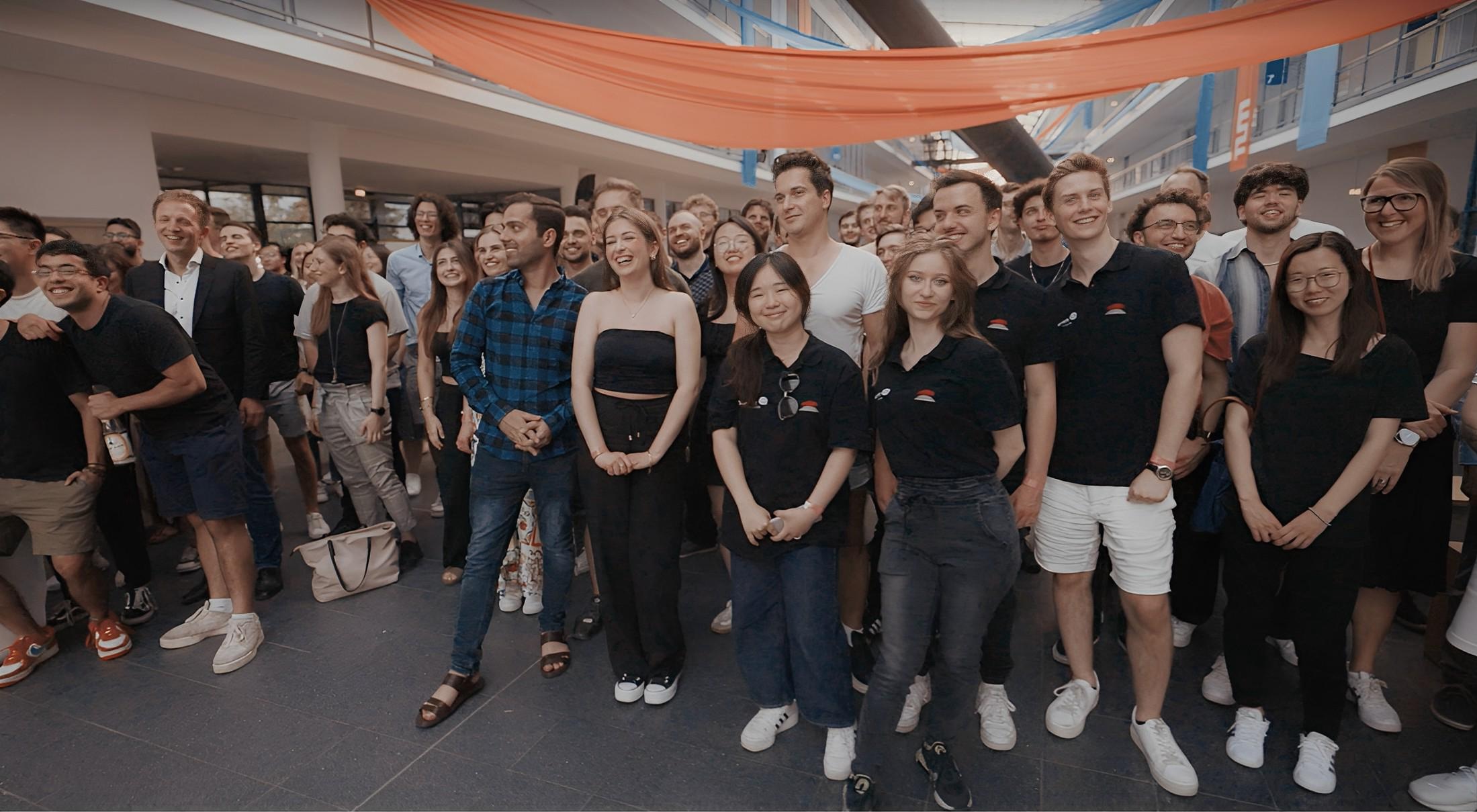iPraktikum Summer Semester 2024
Course description
In this onsite course, you develop mobile applications in the context of a larger system architecture. Depending on the project, you work with application servers, machine learning algorithms, smart sensors, intelligent clothing, wearables like the Apple Watch or micro-controllers.
You get to know workflows, activities and tools of state-of-the-art agile software engineering, in particular agile hardware/software co-development, from requirements engineering to system delivery. You learn Apple’s programming language Swift, UI frameworks such as SwiftUI, and modern paradigms for asynchronous programming. You gain hands-on knowledge in the fields of system modeling, usability engineering and continuous integration and delivery.
Industry partners provide real problem statements. You get real team and project experience while working tightly together with a real client towards a real deadline.

Program Management
Organization
The chart shows the project-based organization of the course. All projects are shown as columns, including information about the customer, project management, and student team. A team of twelve student coaches dealt with the project management of the teams.
Furthermore, cross-project teams with one member of each team (horizontal bars) dealt with different aspects during the project.
- The release management team was in charge of the right usage of version control, continuous integration, continuous delivery, and feedback management.
- The usability engineering team kept an eye on usability aspects and metrics of the mobile applications.
- The modeling team was responsible for the modeling activities, including the creation of informal models, i.e., trailer, mockups, and UML diagrams, to improve the communication of difficult aspects within the team.






